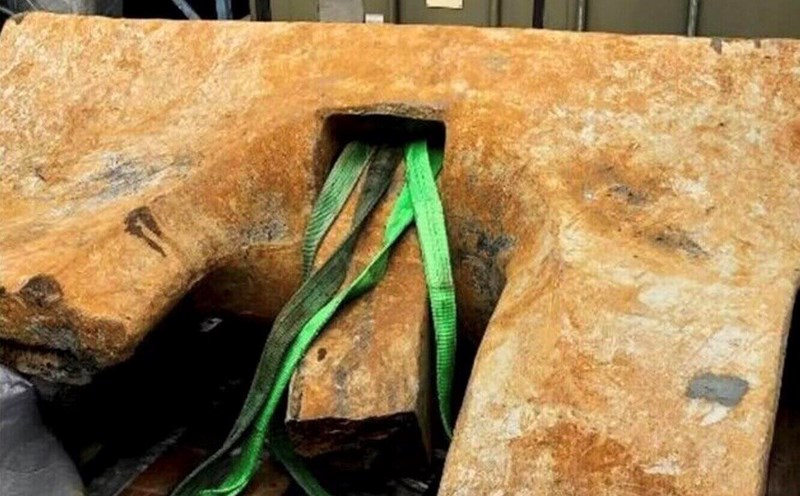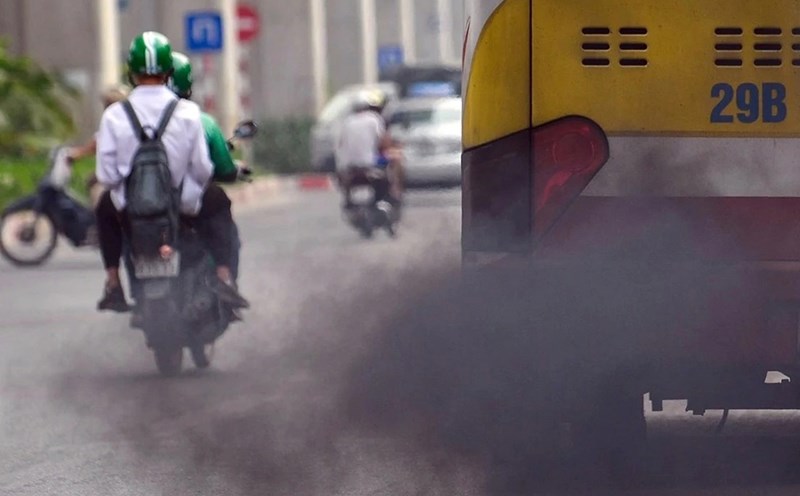Russian authorities are investigating the explosion targeting a gas tanker serving a Russian port in the Baltic Sea. An explosion on a gas tanker at the Ust-Luga port on July 6 led to an am am ammunition leak.
The ship involved in the incident was Eco Wizard, owned by StealthGas, Greece.
The Russian Transport Ministry said on July 6 that there was "a minor am am ammunition leak" during the day. The reason was that the "incident occurred while loading goods on the Eco Wizard ship". All 23 crew members left the boat safely, with no injuries.
Several Telegram channels in Russia that are linked to law enforcement have attributed the am ammunition leak to an explosion. The exact cause is not yet determined.
A security expert said that the damage appeared to have occurred in the engine room area, which was not related to the goods on board, which was not caused by an explosive am Stock Leak but an attack on the ship's technical system.
The blast came just nine days after another explosion on the crude ship Vilamoura, also from Greece, while the ship was operating in the Mediterranean.
On July 6, the owner of the Vilamoura ship issued a press release saying he had inspected the ship while anchored at the Piraeus port and confirmed that the ship was damaged by external impact. The ship owner said the damage was related to an undetected explosive device.
Most of the explosions occurred on ships owned by Greek and Greek companies. These companies are not subject to sanctions. Only the Koala ship that exploded in Ust-Luga in February was later added to the EU's sanctions list in May for illegally transporting Russian oil.
All the exploded ships have stopped at Russian ports to receive goods. However, public data shows that the goods received by the ships are not on the embargo list. For example, there are oil tankers from Kazakhstan, a country that is not sanctioned.
The Eco Wizard is unloading am am am am am Ioniac, an industrial gas, which is not banned under sanctions targeting Russian oil. This was the first gas tankers to be attacked. Previously, the explosions were targeting crude oil or petroleum products tankers.
A security expert said the incident was nearly certain to be a deliberate attack. Most likely, this is a type of " part-time airstrike deep into Russian territory".
He said the move clearly demonstrated the message: The attackers do not recognize any legitimate trade activities with Russia.












